Why a popular choir contest might change its tune
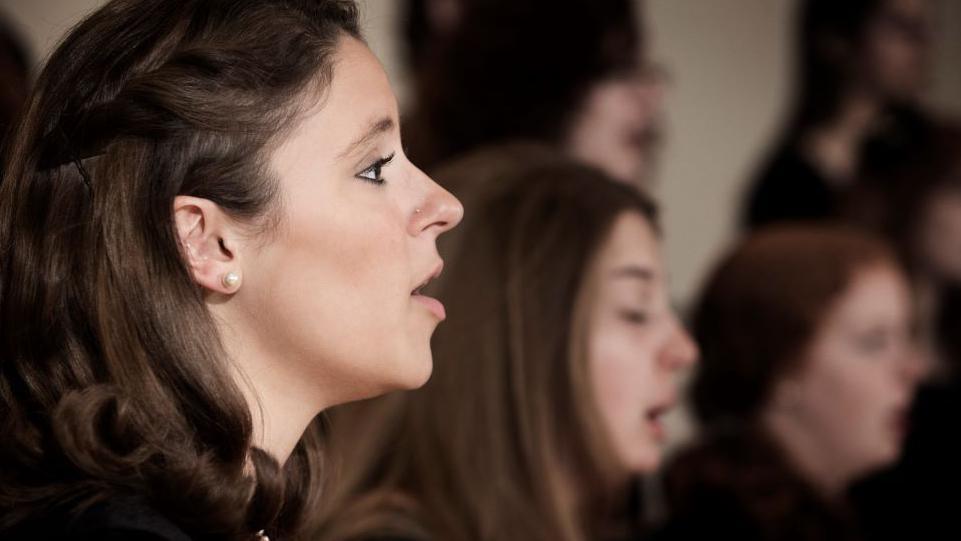
- Published
Choir competitions are among the most popular events at the Royal National Mòd.
But organisers have proposed making some of the biggest changes to the contests in 100 years.
What is the Mòd?
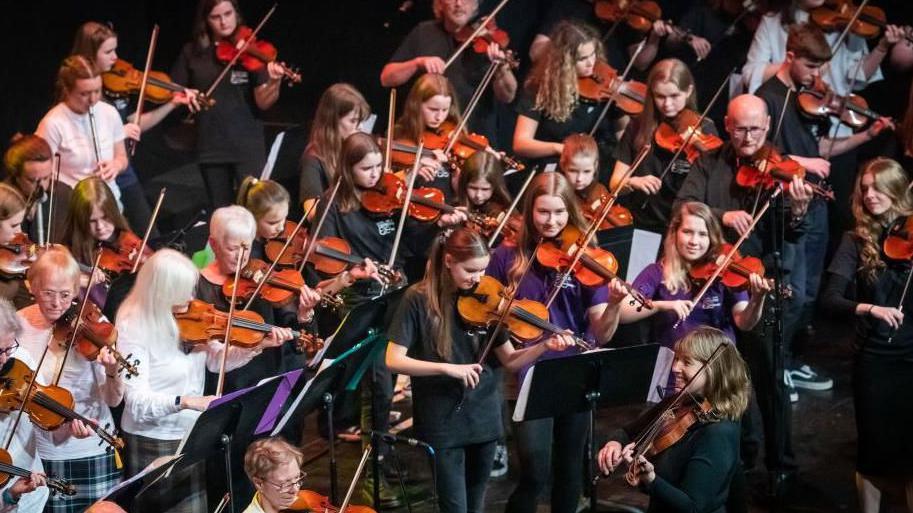
It is Scotland's biggest celebration of Gaelic language and culture.
The Mòd has held competitions for traditional music, song, literature, drama and Highland dancing over the last 130 years.
Held over a number of days, the festival involves competitors from Gaelic communities from across the UK and the rest of the world.
Inverness, Fort William, Perth and Paisley are among the towns and cities to have hosted the Mòd.
Organiser, An Comunn Gàidhealach (The Highland Association), was founded in Oban in 1891.
Royal National Mòd
3,600The record-breaking number of competition entries received in 2017
200Competitions are held during the Mòd, and include Highland dancing and singing
7,000Estimated number of visitors at 2023's Mòd in Paisley
![In numbers:. Royal National Mòd [ 3,600 The record-breaking number of competition entries received in 2017 ] [ 200 Competitions are held during the Mòd, and include Highland dancing and singing ],[ 7,000 Estimated number of visitors at 2023's Mòd in Paisley ], Source: Source: Royal National Mòd, Image:](https://ichef.bbci.co.uk/news/920/idt2/idt2/e9917c9c-ea9e-492a-9f37-4e740f0d097e/image/460)
What is proposed for the choir competitions?
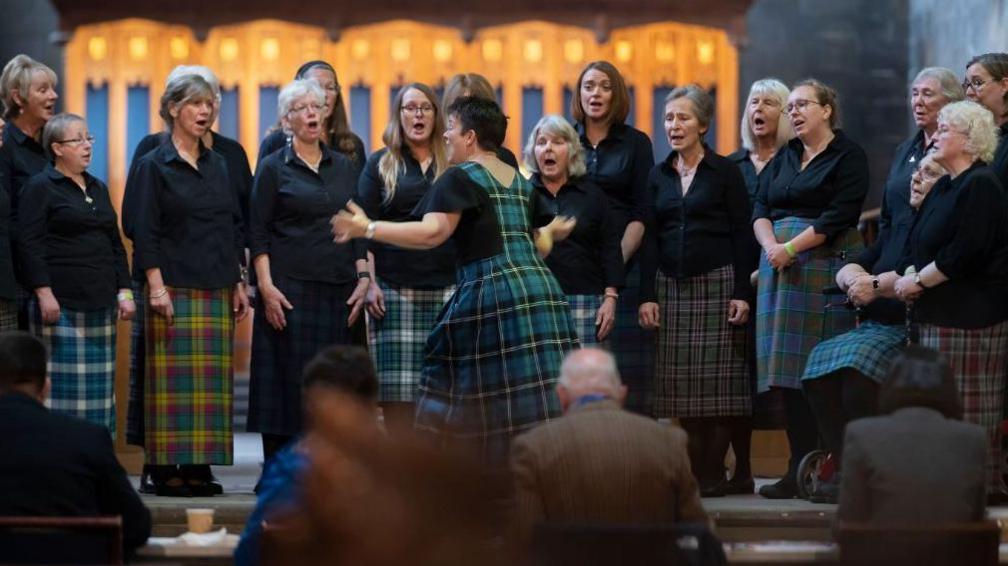
Choirs are the centre of one of the biggest shake ups in the Mòd's history.
Under An Comunn Gàidhealach's proposals, the choir competitions would include two main contests - one for large choirs and the other for smaller ones.
Rules around some categories could be relaxed to open them up to other genres of music - including barbershop and musicals.
However, the songs would be translated into Gaelic.
Why have the changes been proposed?
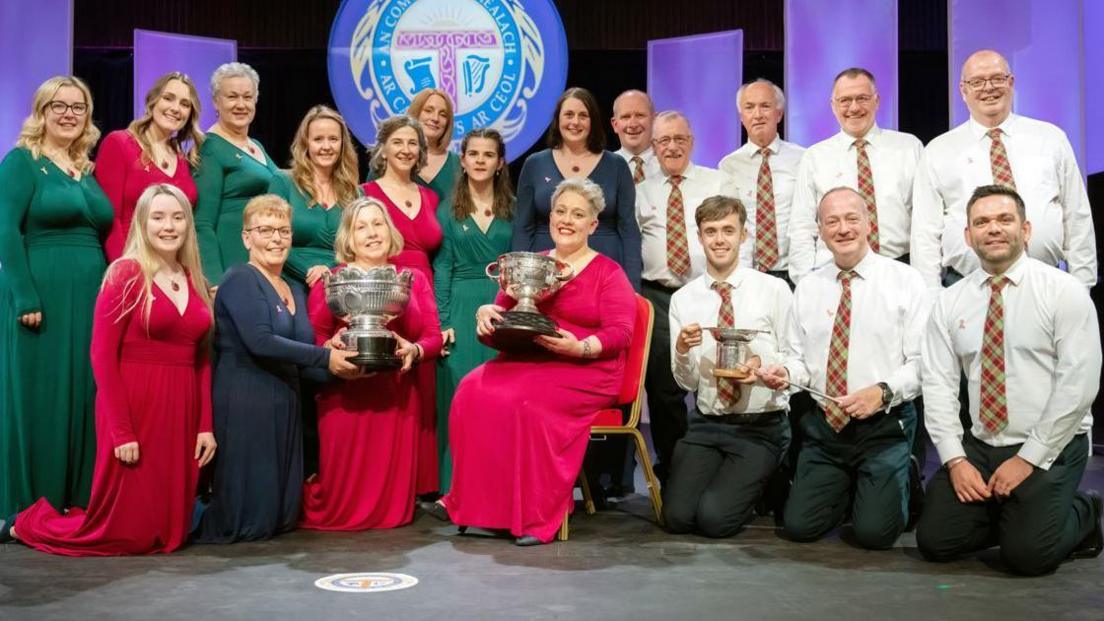
An Comunn Gàidhealach says the shake-up could be seen as controversial, but it argues there are good reasons for change.
It says: "This is the first time in 100 years practical steps forward have been taken to review the structure of these competitions.
"With this comes a great opportunity to ensure the format is reflective of our Gaelic community and more inclusive, whilst still upholding the tradition, advancing Gaelic competence and ensuring the competitions’ longevity for future generations."
What next?
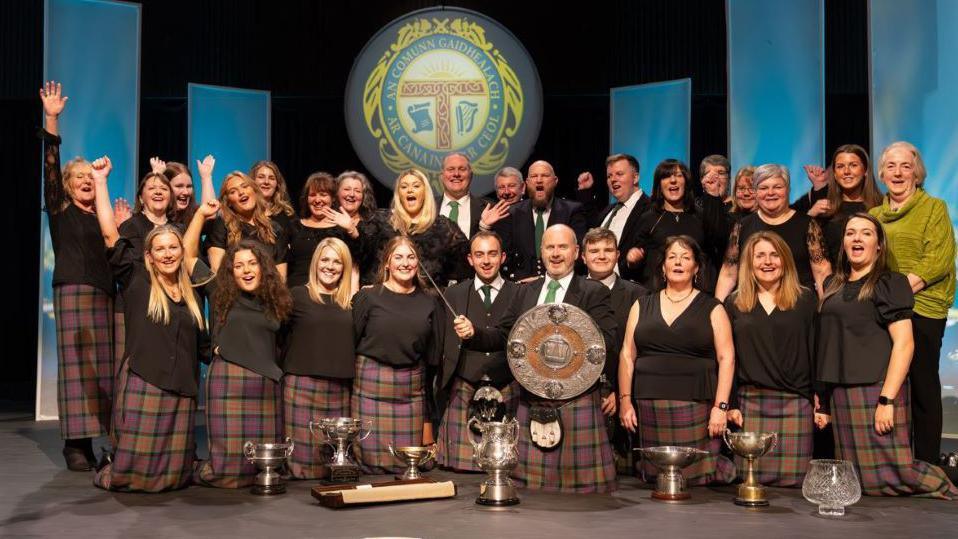
A consultation is ongoing and An Comunn Gàidhealach says it is being done in collaboration with choirs.
The organisers said: "Following a thorough analysis of the information and views provided, a decision will be taken whether to implement certain changes, carry out an ongoing review or reject any updates and maintain the status quo."
No changes would be made until 2025 at the earliest.
Meantime, preparations continue for this October's Mòd in Oban.
- Published29 February 2024
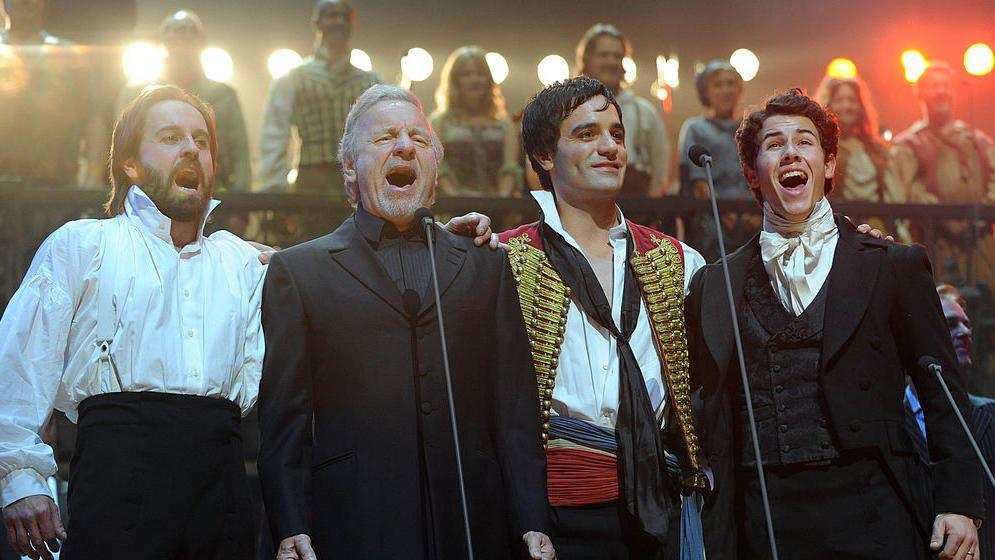
- Published14 October 2022
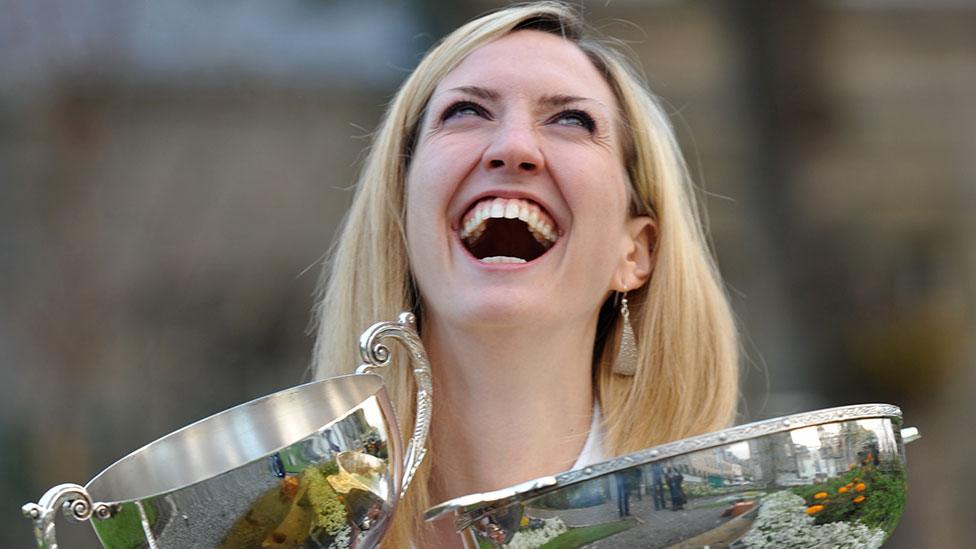
- Published6 September 2022
